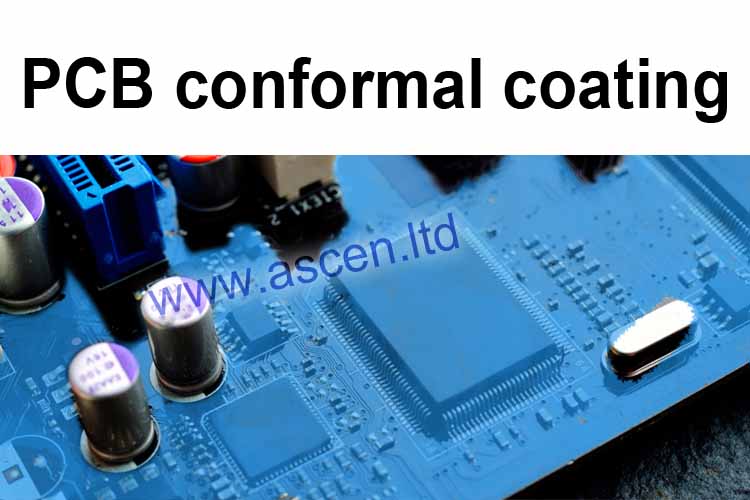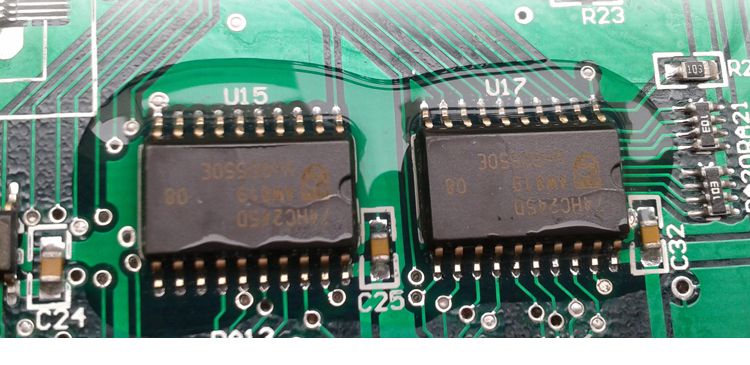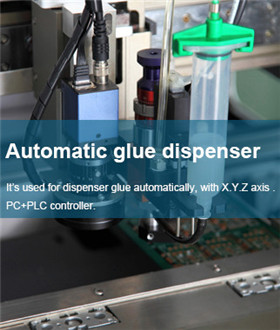There are various options available for PCB protective conformal coatings made of conventional, as well as new materials. Most of that can be applied to the PCB conformal coating machine.Considering the end use application is vital for making the appropriate selection. For example, silicone and not acrylic circuit board coating is the ideal choice for the automotive industry or the UV cured PCB protection is not advisable for an assembly with high profile components.


Let us look briefly into a few of the kinds of materials available for PCB Conformal Coating.
Polyurethane:
These circuit board conformal coatings are excellent for PCB protections required in harsh environments. They are versatile and can operate efficiently in a broad temperature range. They provide excellent chemical resistance too. The curing and removal procedures for polyurethane PCB protective coating are very lengthy and difficult.
Good flexibility, particularly at low temperatures
Excellent chemical resistance
Polyurethane coatings can be removed using specialist products (CCRG)
Very good abrasion resistance
Silicon:
Silicon conformal coating PCB are most preferred in high temperature environments due to their ability to withstand high temperatures and high vibrations. The modified silicone coatings unlike the conventional silicon coatings have eased processing and are ideal for applications requiring rework. The wide range of modified silicon coatings offer a multitude of performance benefits without the problems associated with standard silicon PCB protective coating.
Good all round protection
Flexible
wide operating temperature ranges
Approved to IEC 61086
Ease of processing and ideal for those applications requiring rework
Acrylics:
Acrylics combine reasonable price with good environmental protection; they retain clarity and can resist darkening and hydrolysis during extended exterior exposure. They do however have a limited solvent resistance, making them suitable for re-work but not applications where chemical resistance is important.
Acrylic coatings offer good flexibility and all round protection
They offer excellent humidity and salt mist protection
They are easy to apply and remove and dry quickly at room temperature via simple solvent evaporation
They have a wide operating temperature range.
They have excellent adhesion to a wide variety of substrates
The above stated are the most commonly used circuit board conformal coatings. Others used are the Epoxy, UV cure, paralyne or water based coatings.Via the PCB conformal coating equipment select coat process,The conformal coating materials became a thin, protective layer that is non-conductive and applied directly to the printed circuit board.
Click here Robotic conformal coating spray solution to learn more about how to establish our own PCB conformal coating system to protect PCB assemblies from moisture, dust, corrosion, and contamination.














